“Let food be your medicine!”
When the last grocery store moved out of the downtown area of Muskegon, we were left with a food desert. Many people in the Nelson, Angell and McLaughlin neighborhoods are without transportation, so access to fresh fruit and vegetables has become difficult. The result of this has been an increase of chronic disease, such as obesity, diabetes and heart disease. A new program called Muskegon Prescribes Food for Health is being offered to help these folks turn their health around.
Doctors from Hackley Community Care refer patients to the program that Community enCompass is coordinating with other partner organizations. Participants will receive vouchers for fresh produce at McLaughlin Grows Urban Farm for 12 weeks of fresh food, paired with Cooking & Nutritional classes to help put them on a path towards a healthier life.

Download the program implementation guide to learn more.
If you are interested in more information, call Hackley Community Care at 231-733-6800.
You are a part of our story! For our final publication of 2020, we reflect on “All That Connects Us” here in Core City Muskegon, and ask that you help us move into the New Year with confidence.
While the decision to cancel Taste and See 2020 was difficult, the loss has brought about unexpected gains. Adaptation sparks innovation, and new things are in the works here at Community enCompass as we focus on walking alongside neighbors in these ever-changing times.
Cindy, AmeriCorps Team Member with Community enCompass, is now facilitating a limited, socially distant version of a “food for health” class called “Fresh Conversations” for residents of Jefferson Towers.
The residents’ reasons for attending the class are many: some come to learn about food as medicine, some to get new recipes and exchange tips, some for the safe socializing with a “support group” feel.
In late spring, Community enCompass received news that the Muskegon Prescribes Food for Health program had received a $100,000 Community Impact grant from the Michigan Health Endowment Fund. With many virus precautions still in place, this major grant expands the MPFH’s capacity to meet the moment.
New neighbors are facing food insecurity, and some for the very first time. As a community development organization, before jumping into problem-solving mode, Community enCompass must always ask: Who owns the solutions?
Community enCompass Spring Newsletter, bringing you “Odes to Joy” — the melody of bold action and neighbors helping neighbors — from right here in Muskegon.
Snapshots from Community enCompass as programs adapt alongside neighbors whose daily life and livelihood has been impacted by the virus.
The COVID-19 crisis has had an unjust impact on our neighbors in core-city Muskegon, especially for neighbors who are ALICE (Asset Limited, Income Constrained , and Employed).
Increased wage loss, food insecurity, and unemployment are on the rise. Many neighbors have seen their work hours reduced. Some are on a fixed income that doesn't leave room for the unexpected nature of sudden school closings or rising grocery costs. For many even a short stretch of unemployment will put them too far behind in rent to catch up.
Below are some ways Community enCompass will walk alongside our neighbors whose lives have been upended by this crisis. We need YOUR help to support our neighbors during this difficult time!
Dear Neighbors,
In these uncertain times, Community enCompass’ priority is to continue to be neighbor. While “being neighbor” will look different over the coming weeks and months, you can be assured that we are fully operational and working together (while practicing social distancing!) to come up with creative solutions for how to continue to engage our community.
Last week, Governor Witmer declared March to be Michigan Food and Agriculture Month. So we thought we would take the opportunity to share with you a little about what’s happening on the farm!
Another year in the rear-view mirror. A chance to reflect and consider: What did we do best in 2019? What did we learn? What will we do in 2020?
“It seems that we continue to learn that one of the fastest ways to create a family out of new acquaintances, is through food. In my experience, I haven't seen anything that creates community faster than getting a new group of people involved in the hands-on process of cooking from scratch.
“I just wanted to say that this was one of THE BEST fund-raiser and educational events that we have EVER attended! I didn’t even know that it existed!” Our annual “Taste & See” Event marks the transition between these two seasons, and as such, we want to take one last look back, to savor what was tasted and seen at this year's event.
Throughout the summer (through the generous contribution of many of you), the YEP’s have been employed as paid summer interns. Each YEP chose the project they wished to invest in, determining the skills they would learn, and how they would give back to their community.
By hosting multiple volunteer organizations and having a free food forest open to the public, the farm strengthens relationships. Most importantly it functions as an educational platform for various youth programs to learn more about the food system, environmental stewardship, and fresh produce.
After what feels like an eternal winter, the sky is blue, the sun is shining and the grass is growing back from beneath the snow. The birds are out singing, people are back out in the streets, and we’re looking forward to many great things!
But the cost of health is high: medical care, exercise, and quality food are all expensive commodities. What happens if you don't have the wealth, to pay for the health?
When our board and staff attempt to identify the reason why Community enCompass exists, we end up with phrases like “Neighborhood Transformation,” and “SHALOM in the City.” Lofty dreams for a rag-tag team of people who are often stumbling towards good. The year-end process of digging through data always makes me wonder..... how will we know once we’ve arrived? How will we know when our neighborhoods have been transformed and we taste SHALOM?
Dozens of neighborhood teenagers spent their summers doing internships through the Youth Empowerment Project. The PAID internships created an opportunity of high school students to gain experience in the fields of youth work, agriculture, construction, and gardening, building interpersonal skills and developing their resumes
Want to give back to core-city Muskegon?
Here at Community enCompass the opportunities to give back to your community are endless, but here are 20 ways you can get involved today.
We are proud to announce through a partnership with AvaSure, a health care company, our 3rd farm site is being developed. A new 13,000 square foot farm will be ready for production come next spring at 1161 W. Southern avenue in Muskegon, on the former site of Nims School grounds. “As a community-based entity, we will align with, support & grow established & sustained community-based organizations that inspire four values
15% of Muskegon County residents have a certified disability, 25% higher than the national average. 41% of Muskegon county residents live at or below 200% of the Federal Poverty level, 22%* higher than national average. These numbers alone are sobering, so this month we are taking the opportunity to educate ourselves about the links between poverty and health, health and poverty.
Despite the heavy snow, spring always comes early at Community enCompass bringing with it the promise of opportunity. The opportunity to bring our fresh organic produce to more of our core city Muskegon neighbors. The opportunity to engage children and families in our learning garden. And the opportunity to help more people transform their lives through our farm-based job training program for core city youth.
What do you get when you blend Pathways for Better Health of the Lakeshore and Community Health Workers, Hackley Community Care, Mercy Health, MSU Extension’s Cooking Matters, Community enCompass’ McLaughlin Grows Farm and medical patients residing in the core city neighborhoods?
When the last grocery store moved out of the downtown area of Muskegon, we were left with a “food desert,” a low-income area, that has limited access to affordable and nutritious food. Many neighbors in the core city neighborhoods are without transportation, so access to fresh fruit and vegetables is difficult. The result of this has been an increase of chronic diseases, such as obesity, diabetes and heart disease, fueled by the mix of unhealthy food and lack of exercise. Through efforts of groups like McLaughlin Grows Urban Farm and the Muskegon Farmers Market (open 3 times a week through the summer months), affordable, healthy, fresh produce is becoming more available to the community.
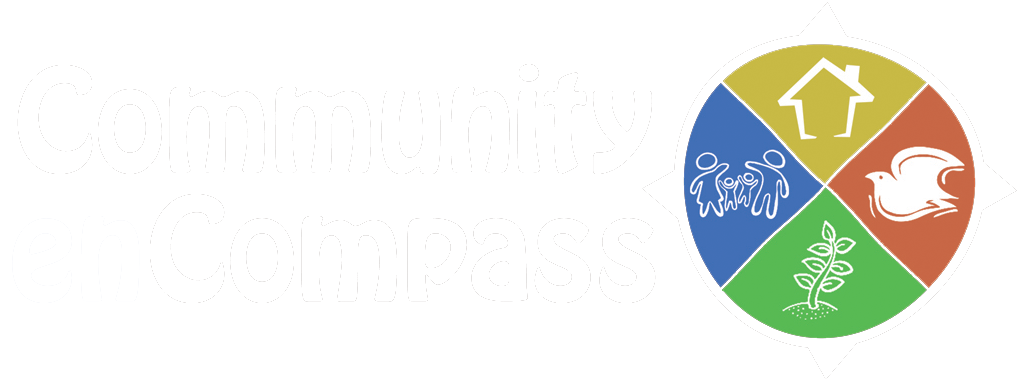


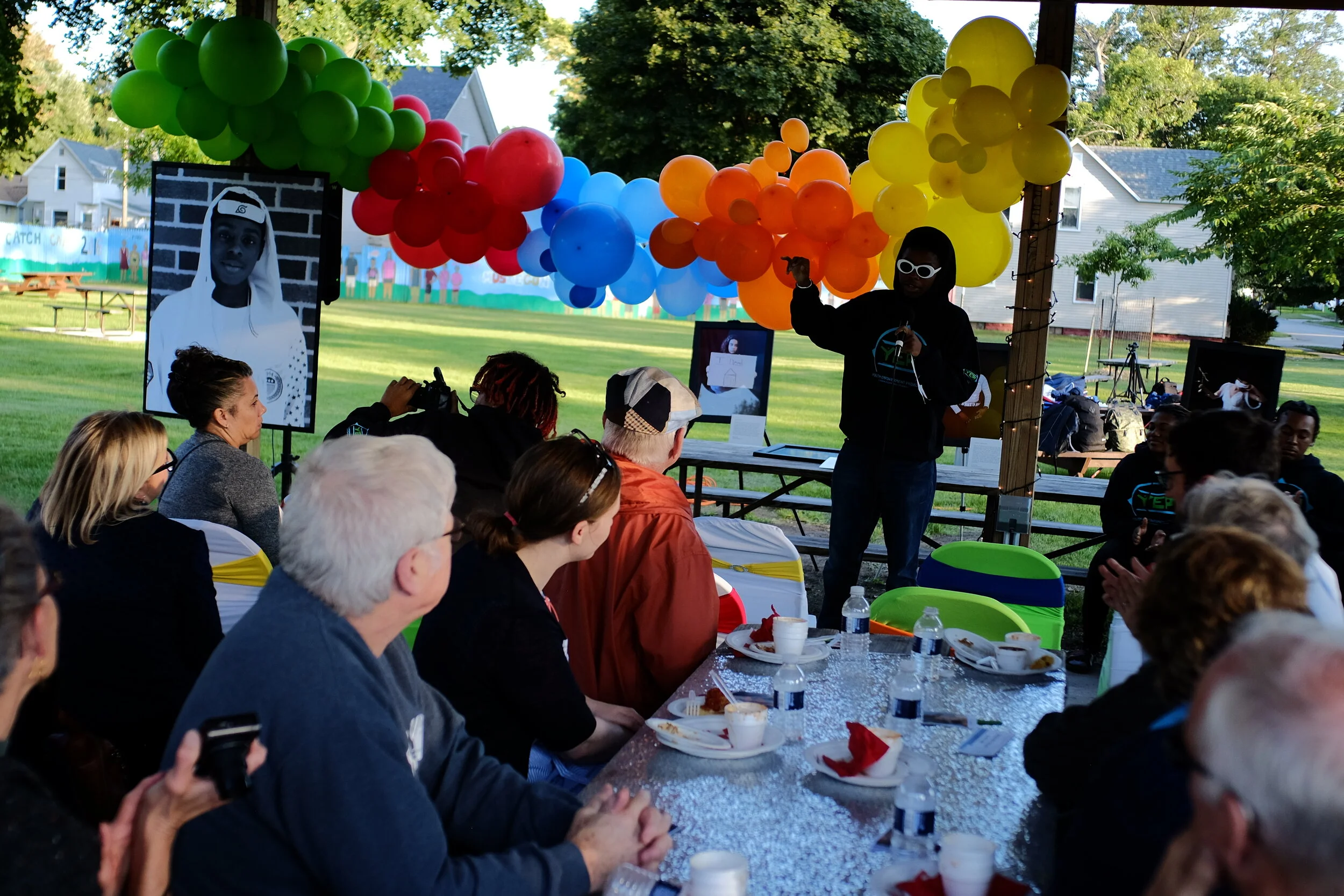

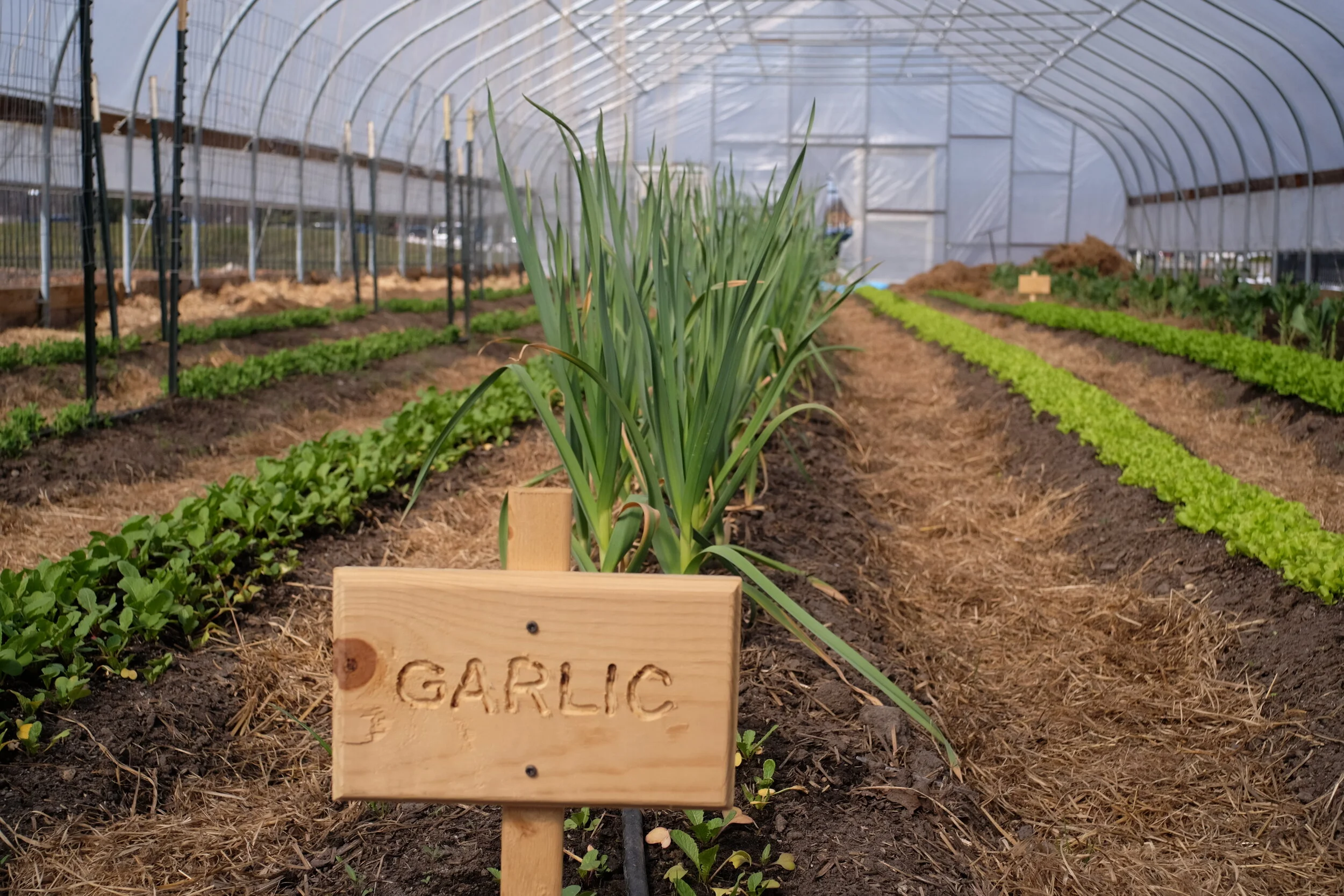







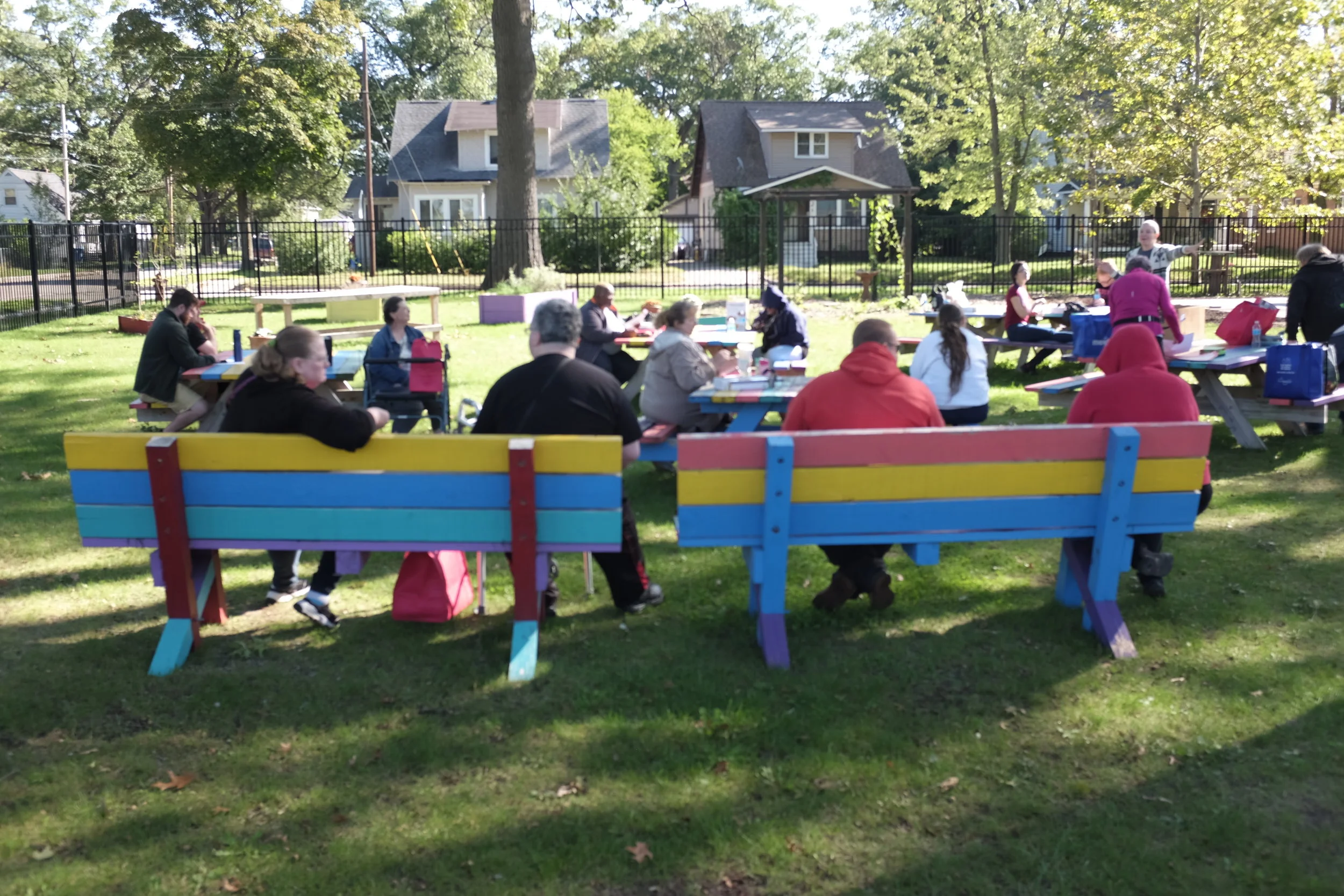





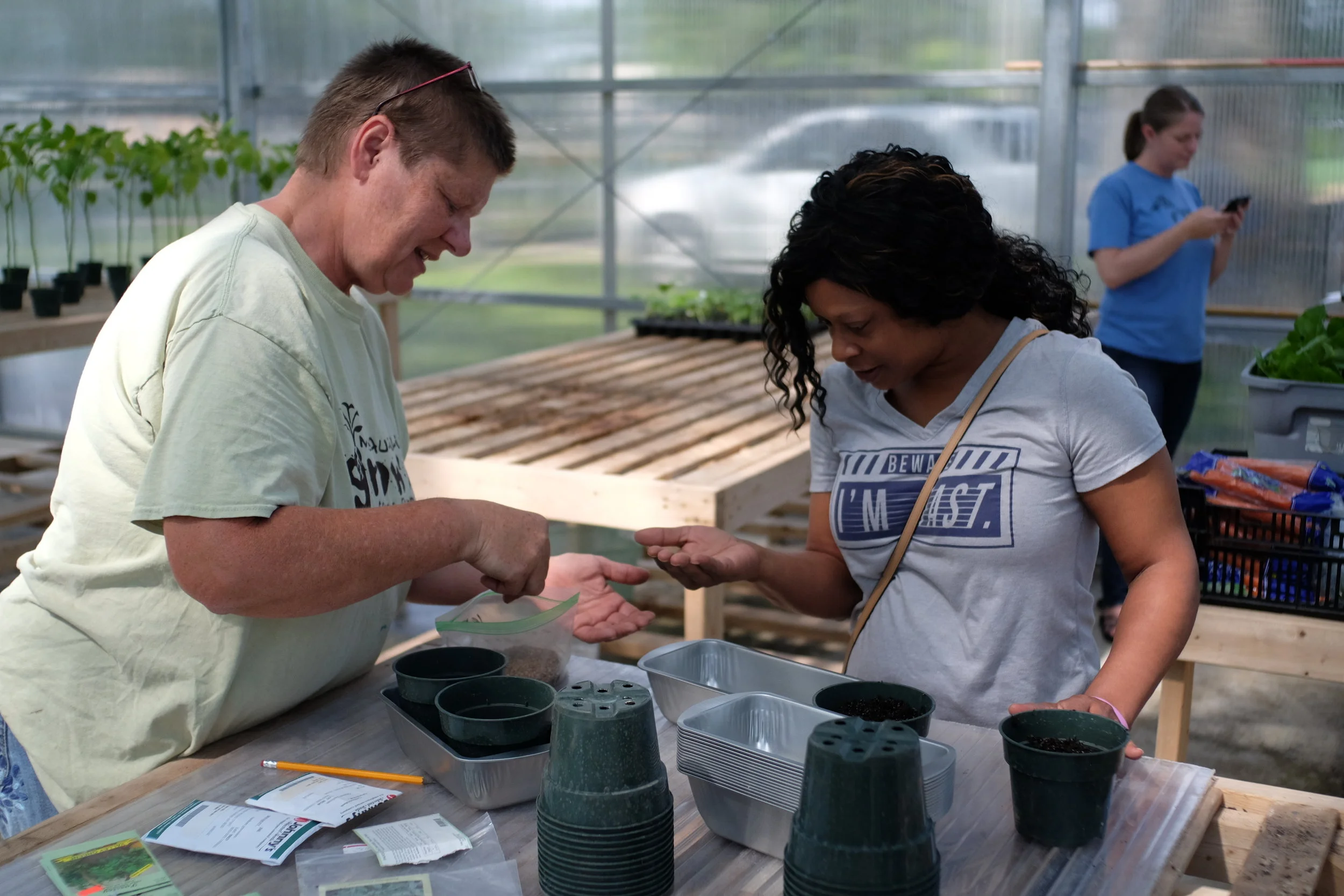
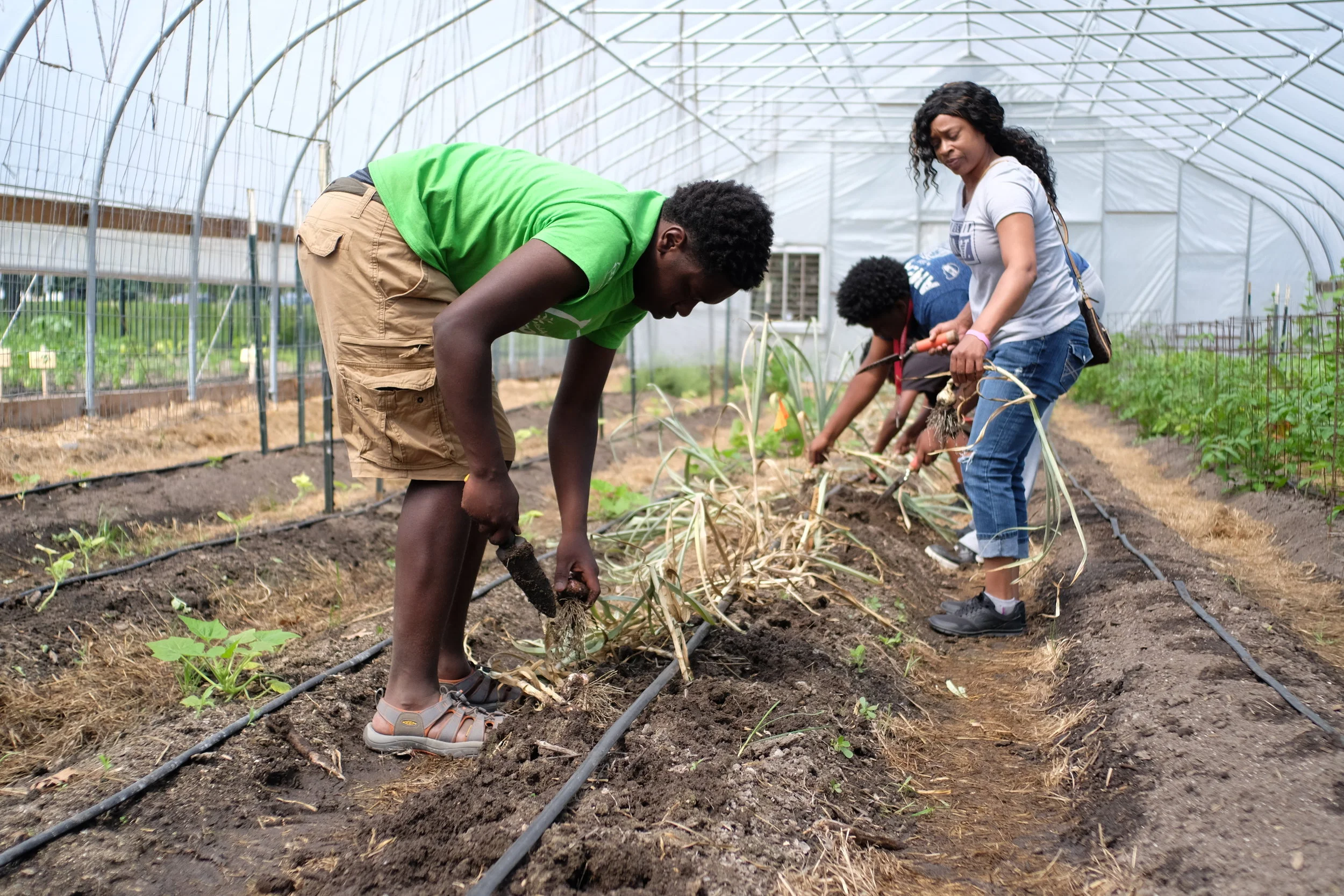
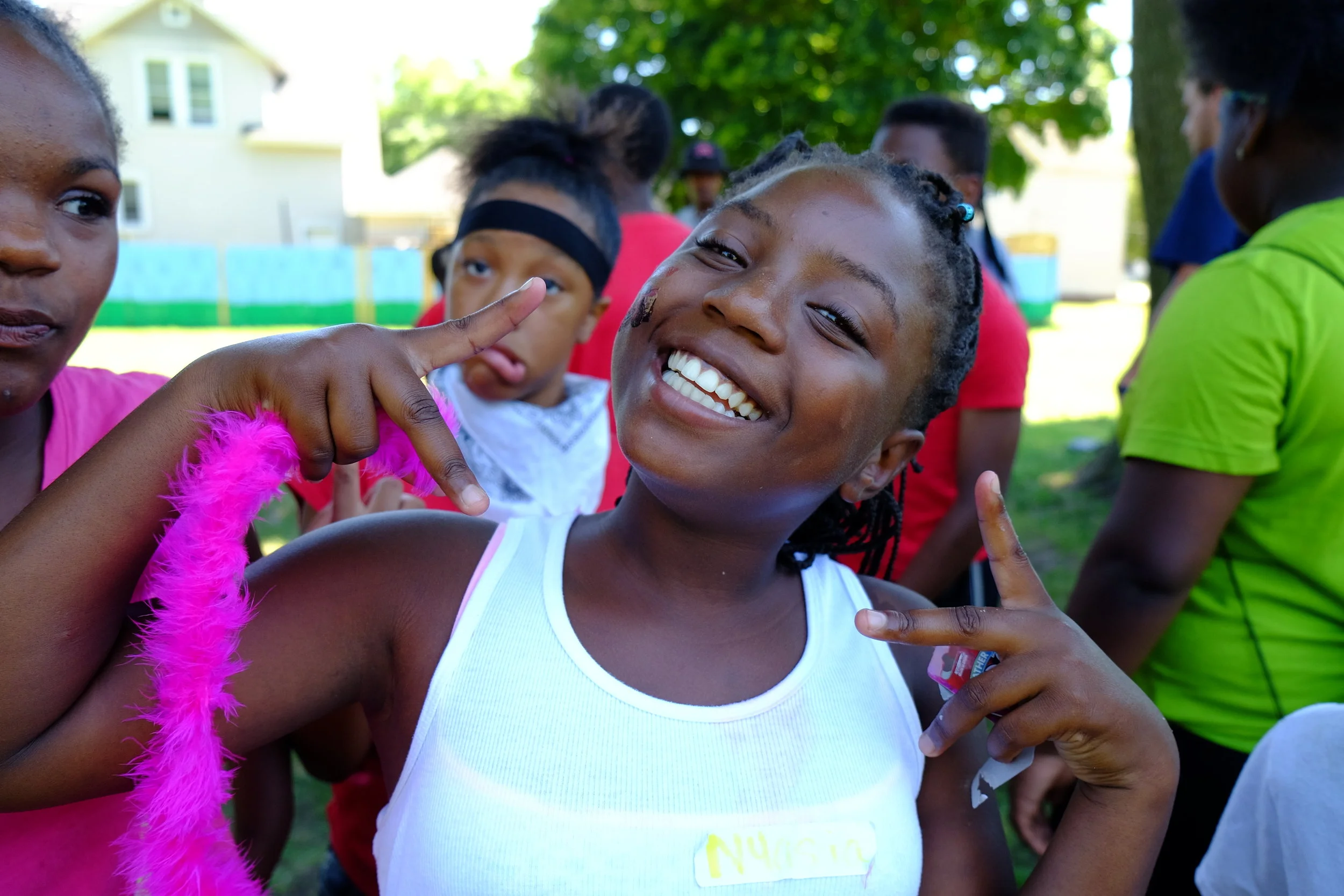
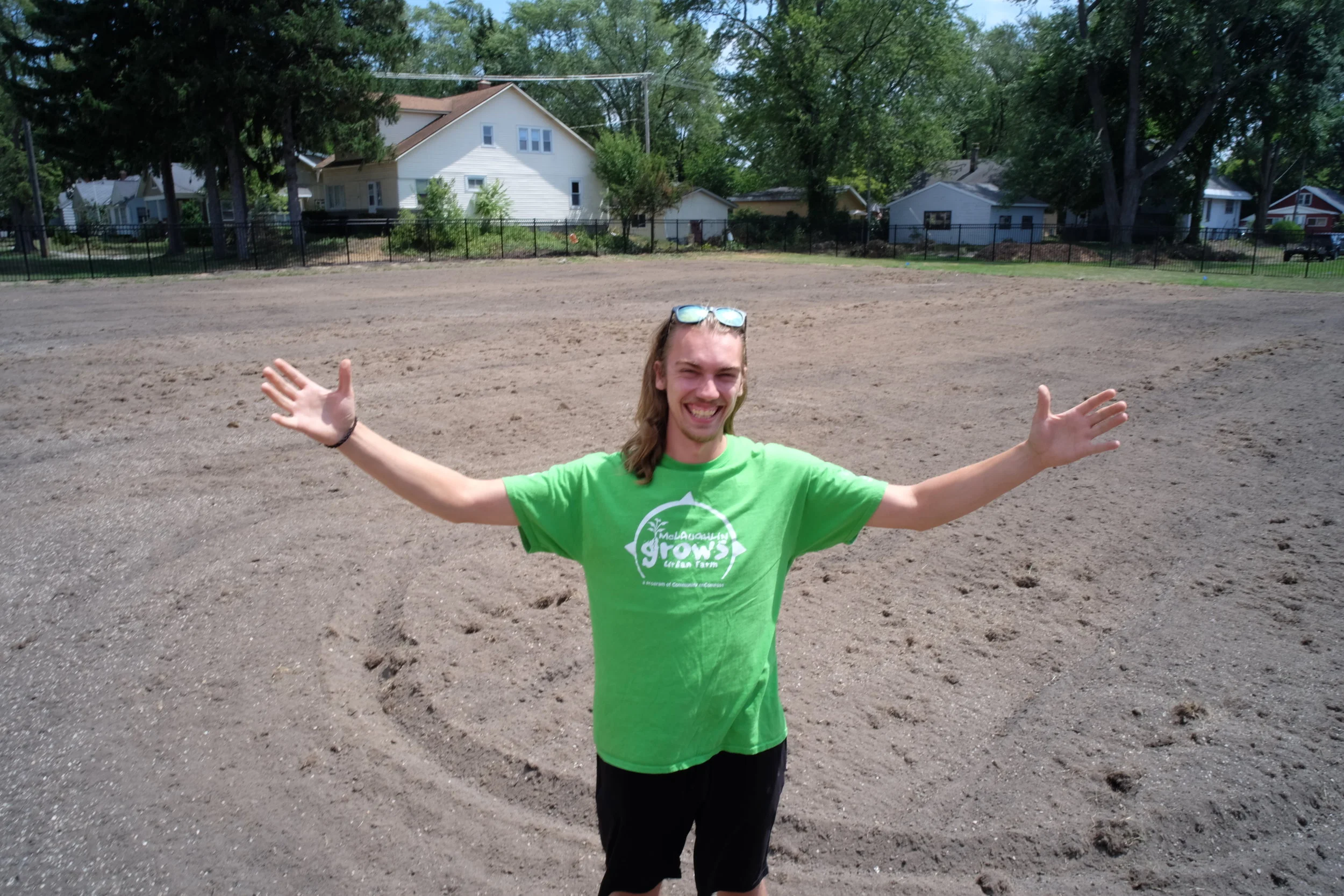


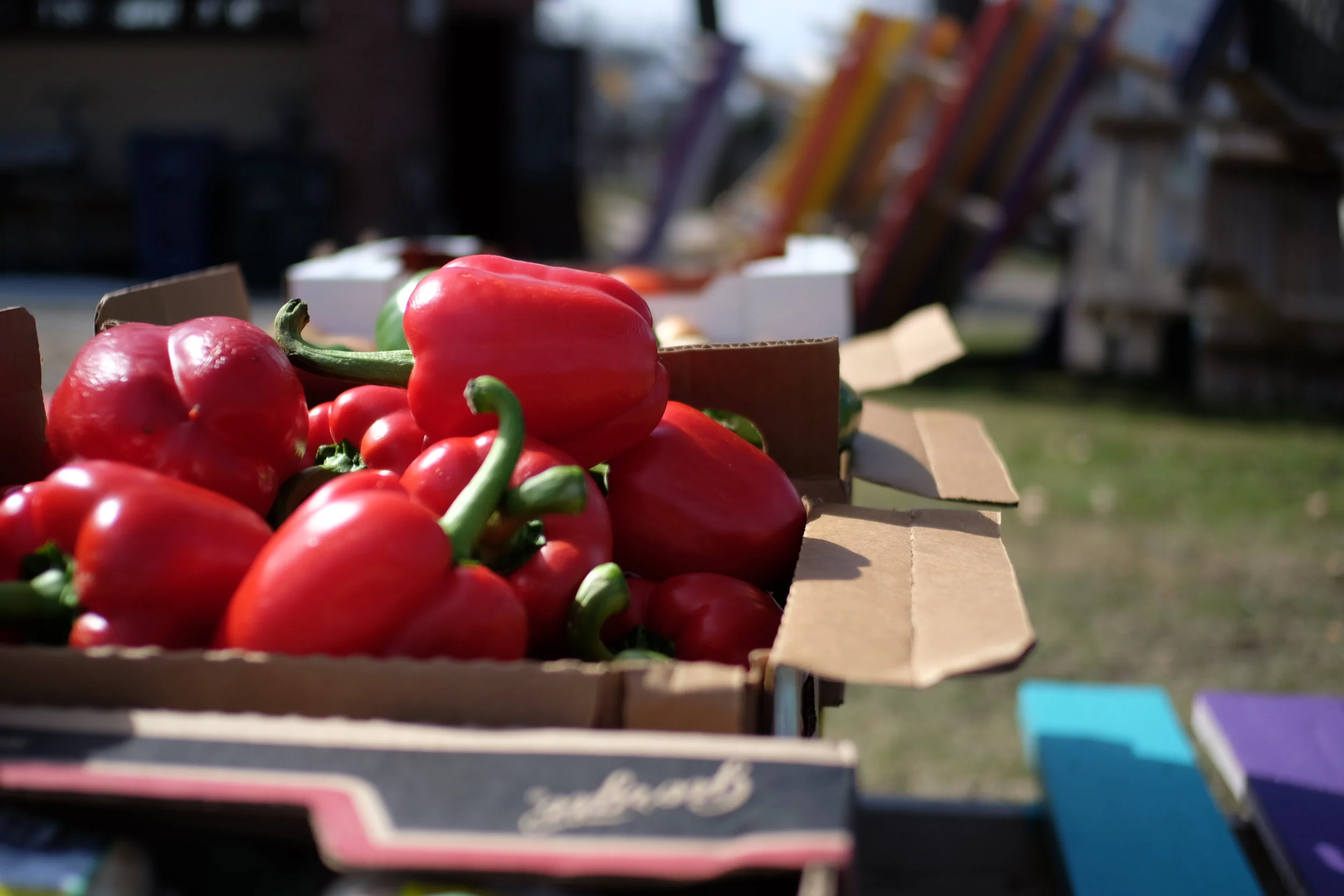





Another year in the rear-view mirror. A chance to reflect and consider: What did we do best in 2020, that year marked by so much change? What did we learn about ourselves, our community, our human fragility and our resilience? What will we take with us into 2021?